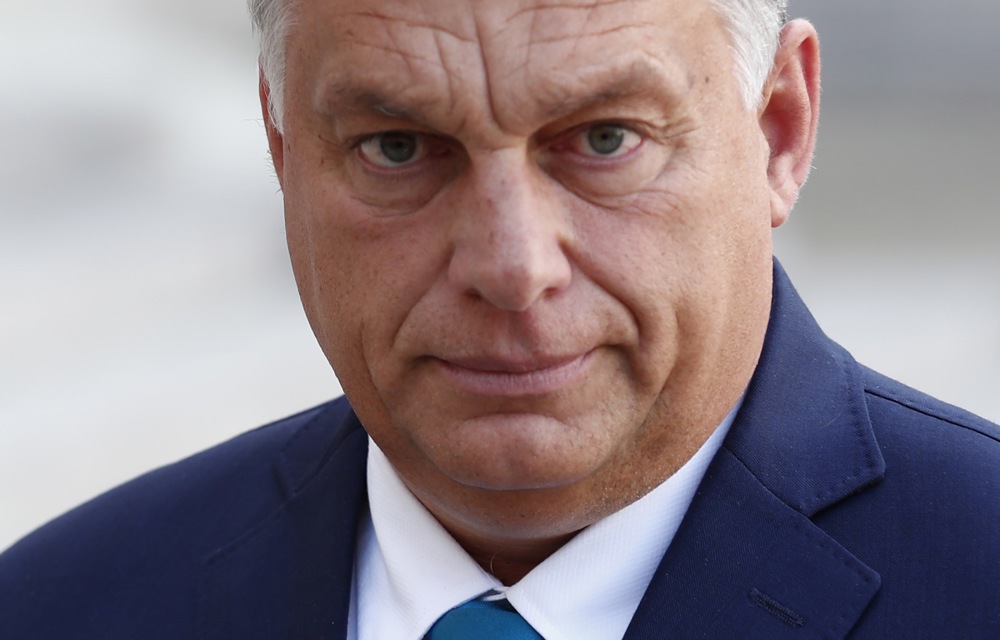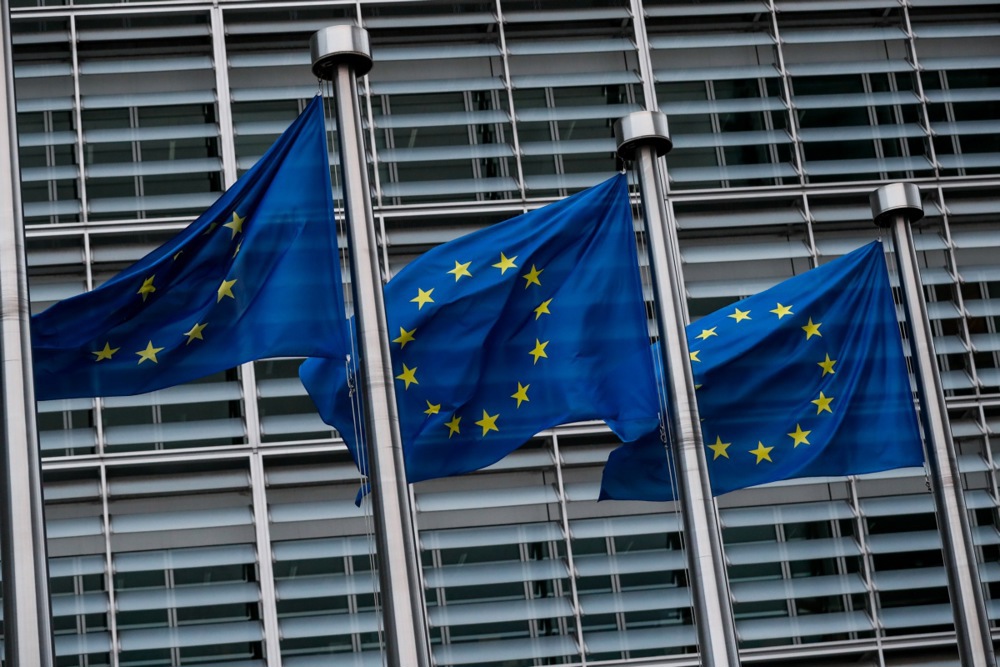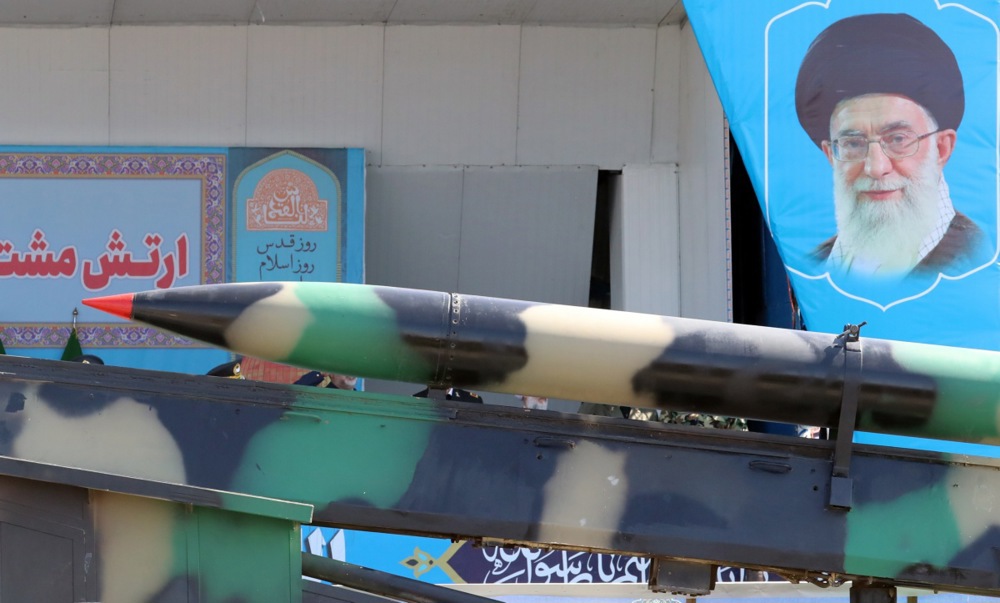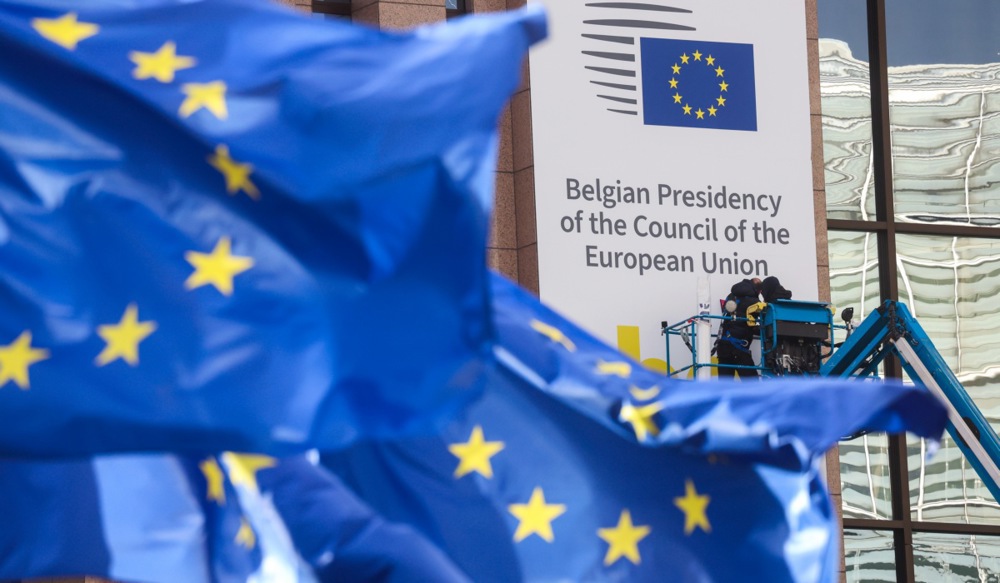Former Italian Prime Minister and European Central Bank chief Mario Draghi has demanded a reform of European institutions, insisting that the single market was in “trouble”.
Draghi, asked by European Commission President Ursula von der Leyen to write a report on European competitiveness, gave his opinion on what he sees as the current state of affairs in the European Union.
Speaking to European Parliament committee presidents assembled to discuss the subject on February 27, the former ECB chief said: “Europe must stop spending our time saying ‘no’ to reforms – they can no longer be postponed.”
Draghi urged a “rediscovery” of the capacity for co-operation and acting in the interests of the EU collective.
“Money is only one aspect of the problem,” he said. “The other aspect [needed] is a deep revisiting of the rules we have built and worked on.”
Draghi took aim at what he called the flawed functioning of the single market where “hundreds of directives coexist that are not implemented, or are implemented differently in different countries”.
The former ECB chief also lambasted Europe’s current energy policy, stating: “Europe cannot be competitive if we pay three times more for electricity than in the United States and five to six times more for natural gas than in other areas of the world.”
A lack of tech innovation represents a major strategic flaw for the EU’s proclaimed vision, writes @jrfjeffrey. @scienceisstrat1 https://t.co/e9bmXL3yvw
— Brussels Signal (@brusselssignal) August 30, 2023
Karel Lannoo, CEO of the Centre for European Policy Studies think-tank, told Brussels Signal the “inadequate functioning” of European institutions – and of the EU economy – was mainly the result of Member States wanting to retain too much influence and control, something he said he regularly observed.
Lannoo said he felt a major wake-up call was needed so European decision-makers would realise the necessity for change, akin to the unified supervision of banks after the financial crisis of 2008.
Under current circumstances, he said he believed “Draghi’s words will not make much difference”. That, he said, was due to a lack of oversight that creates an environment where asset managers benefit at the expense of everyone else.
Draghi went on to criticise a lack of private investment in research and innovation, noting that “in the US, two-thirds of investment in research is private, in the EU it is public”.
He also said there was a skills gap in Europe that urgently needed addressing.
Draghi stated that Europe was in “a rapidly evolving geopolitical context, characterised by an increased tendency to conflict, both in economic and military terms, [which] is forcing the EU to re-examine its approach to globalisation”.
Because of that globalisation, the “anti-competitive practices of some of our competitors continue to undermine the global level playing field and the EU’s open strategic autonomy”, he said.
Regarding problems to do with competitiveness, Lannoo raised the question of what “competitiveness” actually means, referring to Foreign Affairs writer Paul Krugman who called it “a dangerous obsession” in a text from 1994. That, according to Lannoo, is today still strikingly accurate.
“A definition of competitiveness is needed. Compared to the US, we are competitive regarding life expectancy, for example” but what else?
He further noted that, regarding EU GDP, more data would provide a clearer and more accurate view of the situation.
Still, Lannoo also noted that “the trade balance or imports are not necessarily an indicator of competitiveness”.
In his speech, Draghi also pointed to climate change, which was “bringing our natural ecosystem to a tipping point, forcing everyone to act to accelerate the clean transition”.
Additionally, he said Big Tech innovation “continues to disrupt the organisation of work and its role in stimulating productive growth”.
According to Draghi, that means “a comprehensive reflection on the levers to revive European competitiveness, including the tools available to our institutions”, was necessary.
“Rethinking our economic policies to increase productivity growth and competitiveness is essential to preserve Europe’s unique social model.”
Lannoo said he felt a relatively quick turn-around of the EU’s current troubles was possible. “In 2003, Germany was the sick man of Europe, the Hartz Reforms were a catalyst and the country quickly recovered.”
The Hartz reforms, which included restructuring the Federal Employment Agency and introducing a low-wage sector, were enacted between 2003 and 2005. Although unpopular with large parts of the German population, by 2012 the country’s unemployment rate had fallen to 5.5 per cent.
Lannoo did point out though that “when a country is ahead, they sometimes forget to invest in certain things”.
“For instance, the digitalisation of administration has not happened there [Germany].”
While Draghi spoke of EU-wide reforms, “in the financial market”, said Lannoo, who is a specialist in that sphere, “it could theoretically work”.
He did say that financial integration in the EU had regressed, according to the latest ECB reports.
“This is because there is a hard fragmentation of the market, which is difficult to solve and often is the result of everyone wanting to retain their own income,” Lannoo concluded.





